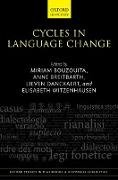This volume explores the multiple aspects of cyclical syntactic change from a wide range of empirical perspectives. The notion of 'linguistic cycle' has long been recognized as being relevant to the description of many processes of language change. In grammaticalization, a given linguistic form loses its lexical meaning - and sometimes some of its phonological content - and then gradually weakens until it ultimately vanishes. This change becomes cyclical when the grammaticalized form is replaced by an innovative item, which can then develop along exactly the same pathway. But cyclical changes have also been observed in language change outside of grammaticalization proper.The chapters in this book reflect the growing interest in the phenomenon of grammaticalization and cyclicity in generative syntax, with topics including the diachrony of negation, the syntax of determiners and pronominal clitics, the internal structure of wh-words and logical operators, cyclical changes in argument structure, and the relationship between morphology and syntax. The contributions draw on data from multiple language families, such as Indo-European, Semitic, Japonic, and Athabascan.The volume combines empirical descriptions of novel comparative data with detailed theoretical analysis, and will appeal to historical linguists working in formal and usage-based frameworks, as well as to typologists and scholars interested in language variation and change more broadly.


